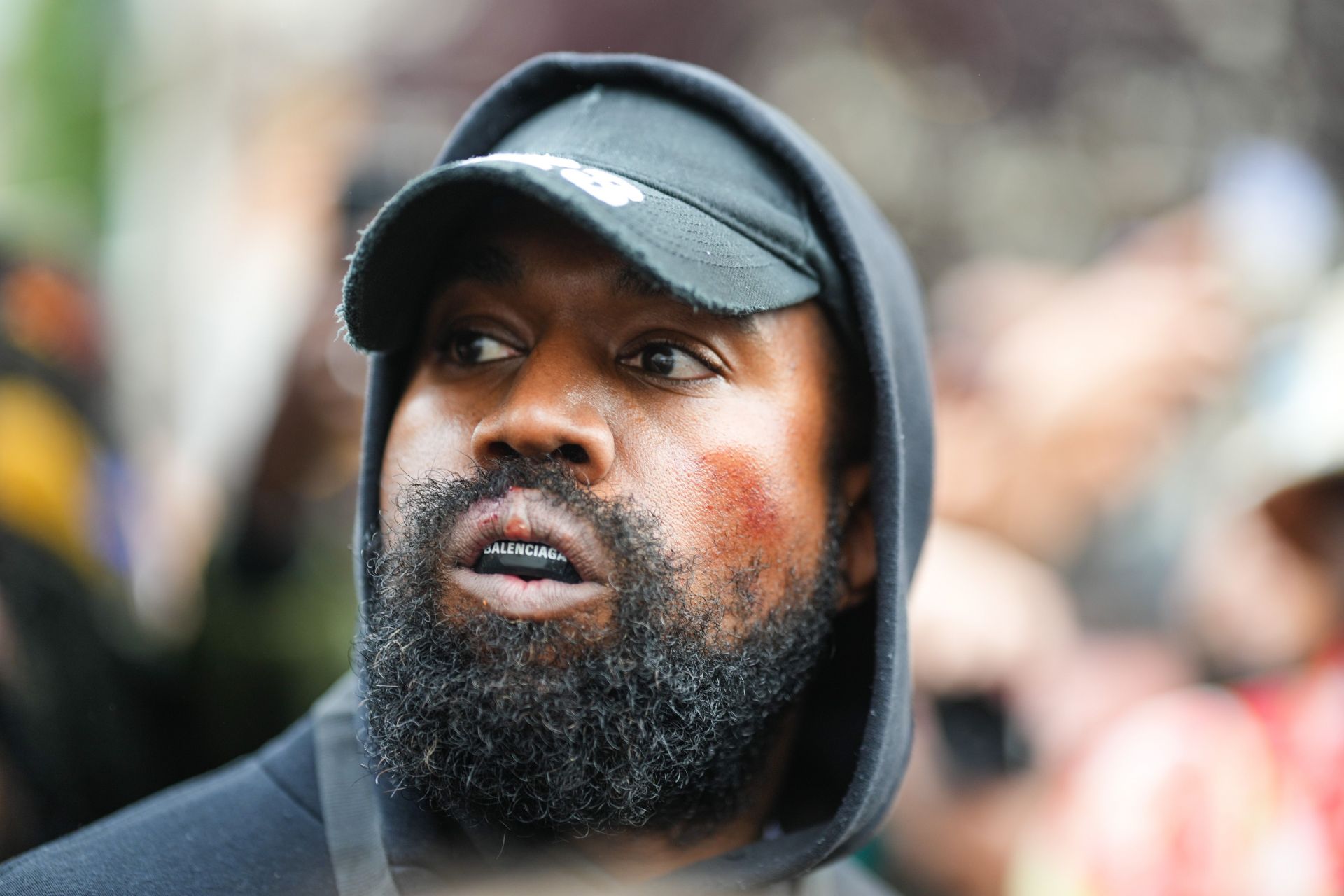Dreams shouldn’t come with expiration dates, yet in baseball’s shadowy international recruitment world, they routinely do. Behind every viral celebration video of a teenage prospect getting “signed” lies a harsher truth that few wants to acknowledge—these aren’t contracts being celebrated, but promises that can vanish as quickly as they’re made.
Major League Baseball international signing system has created superstars like Vladimir Guerrero Jr., Juan Soto, and Ronald Acuña Jr., who collectively earn over $100 million annually. Thirty-five percent of All-Star players were born outside the continental United States, including 12 from the Dominican Republic and eight from Venezuela, showcasing the immense talent pipeline flowing from Latin America. These success stories fuel the dreams of thousands of young athletes across the Caribbean and Central America, but they also mask a broken system built on informal agreements and shattered promises.
The reality behind MLB’s international recruitment reveals a devastating pattern of financial ruin and emotional destruction. MLB teams are already closing pre-agreements with Dominican children who will be available to sign in 2029 and even 2030, forcing coaches to invest years in players based purely on verbal commitments. Independent coaches become surrogate parents, feeding and housing children from age 11, paying for medical expenses, equipment, and travel costs—all while betting their financial future on handshake deals that may never materialize. When a scouting director changes or a budget gets slashed, these “multimillion-dollar” promises evaporate, leaving coaches drowning in debt and families devastated. The system transforms what should be joyous contract signings into desperate attempts to settle accumulated bills, with coaches receiving bank confirmations as relief rather than celebration.
Recent reports confirm that this crisis continues escalating despite previous reform attempts. Rules that banned international players from entering team facilities until age 16 were ostensibly an attempt to slow down early signing commitments, but that did not work, according to Baseball America’s coverage of MLB’s failed regulatory efforts. Young baseball players have alleged that teams breached agreements entered when they were 14 and 15 years old by retracting verbal promises, highlighting how this informal system leaves families with no legal recourse.
Adding to the injustice, MLB has publicly resisted calls to adopt an international draft, a proposal floated during the 2022 collective bargaining talks with the MLB Players Association. The draft would have created standardized signing ages and guaranteed slots, but negotiations collapsed under union pressure, leaving the current handshake culture intact. Critics argue that while the draft might reduce early exploitation, it also risks cutting off income streams for independent trainers who rely on side deals with clubs. The debate remains unresolved, and Latin American baseball academies are stuck in the middle.
The cycle perpetuates because everyone—scouts, coaches, families—knows that waiting until the official signing age means losing top talent to competitors who make earlier commitments. This creates an unsustainable model where success depends on predicting the future of still-developing teenagers, turning baseball dreams into financial nightmares for those who invest everything in promises that may never be kept.
MLB Expands Empire While Breaking Young Hearts
While MLB continues destroying young lives through broken promises, the league simultaneously plots its expansion future. Commissioner Rob Manfred barely mentioned expansion publicly last week, yet the baseball world erupted over two potential new franchises. The timing isn’t coincidental—those persistent roadblocks involving Oakland A’s stadium issues and Tampa Bay Rays relocation concerns are finally getting resolved.
MLB insiders whisper about Nashville and Salt Lake City becoming the chosen cities, though Manfred insisted last month the league has “made ‘no pre-determinations about locations.” He wants both franchises selected before his 2029 retirement, but nobody knows when formal bidding starts. The contrast stings: MLB can plan expansion years while refusing to create binding contracts for teenage prospects.
 Image: MLB.com
Image: MLB.com
Investment groups prepare franchise fees between $2 billion and $2.5 billion, scrambling to secure stadium locations even though these teams won’t play until the 2030s. The irony cuts deep—MLB demands billion-dollar commitments from expansion bidders while allowing verbal promises to children that vanish without consequence.
This expansion rush highlights baseball’s twisted priorities. The same organization that will spend years vetting potential owners and requiring concrete stadium plans continues enabling a system where 13-year-old dreams get crushed by handshake deals that mean nothing when money talks louder than promises.
The post MLB’s Fake Promises For a Better Future Fuels an Epidemic of Coaches & Family Destruction Internationally appeared first on EssentiallySports.


 6 hours ago
4
6 hours ago
4 










 Bengali (Bangladesh) ·
Bengali (Bangladesh) ·  English (United States) ·
English (United States) ·